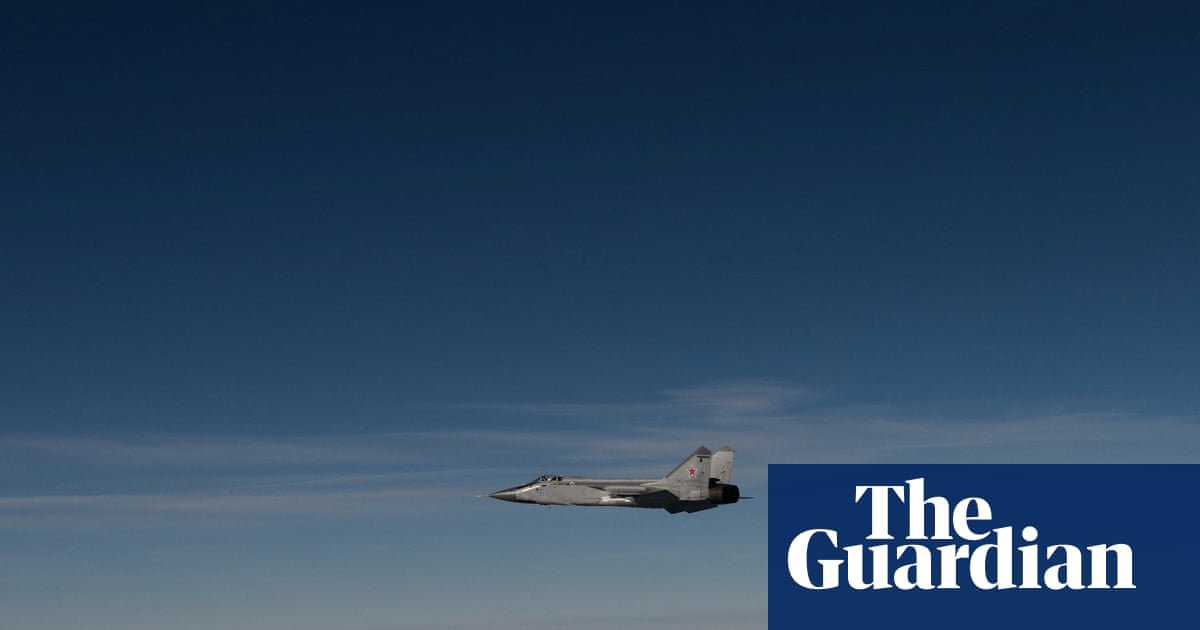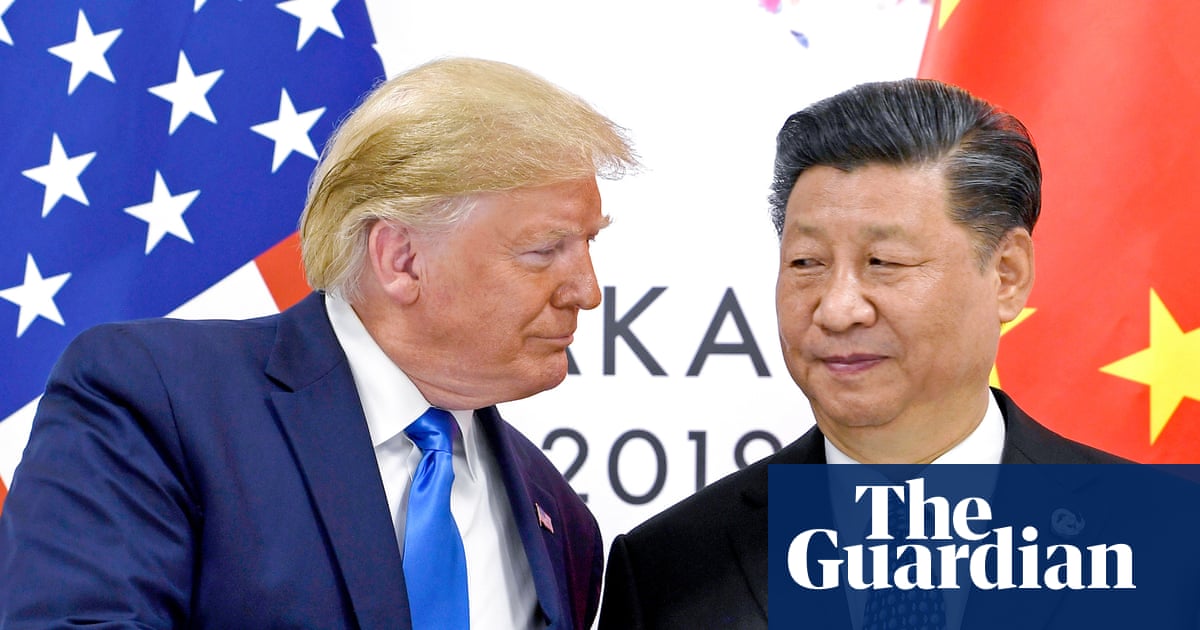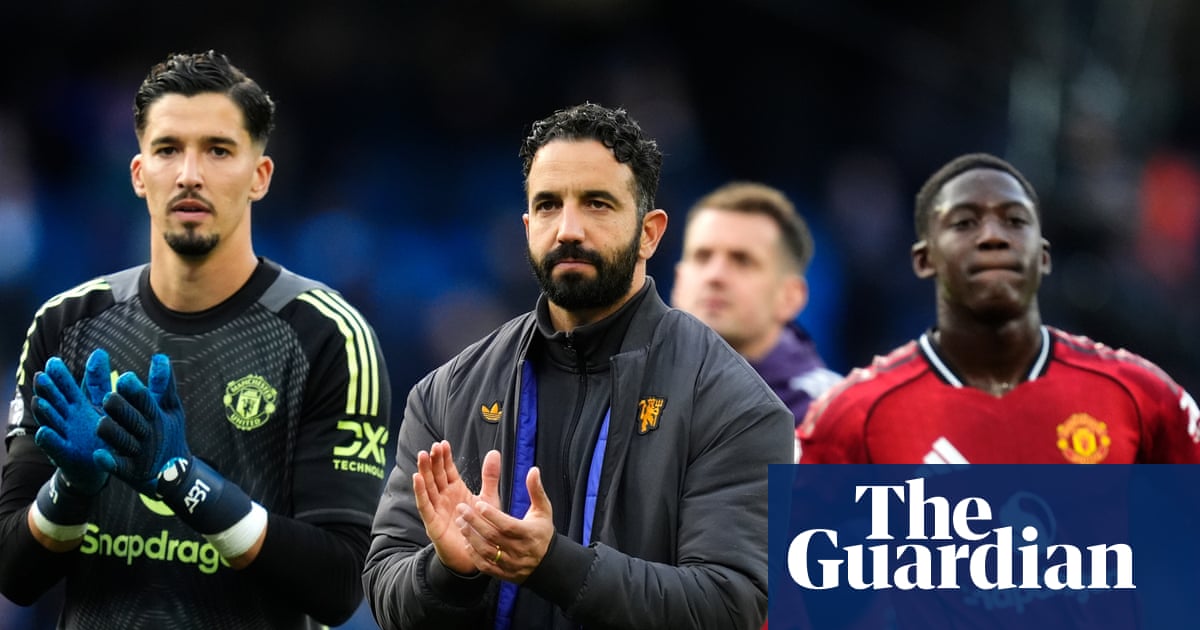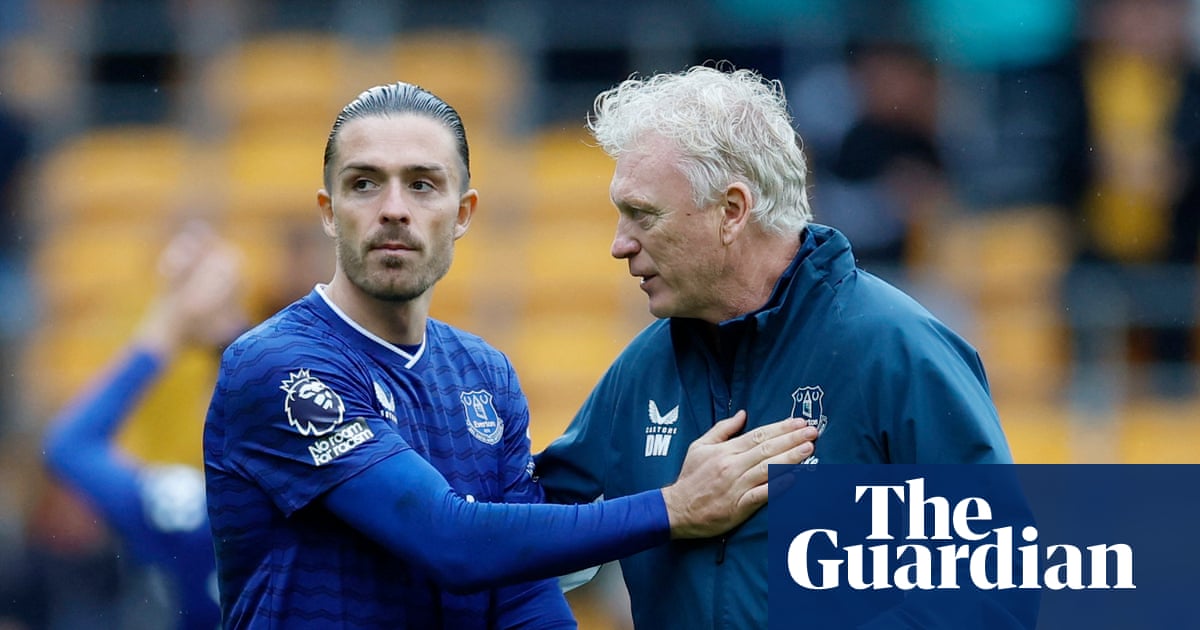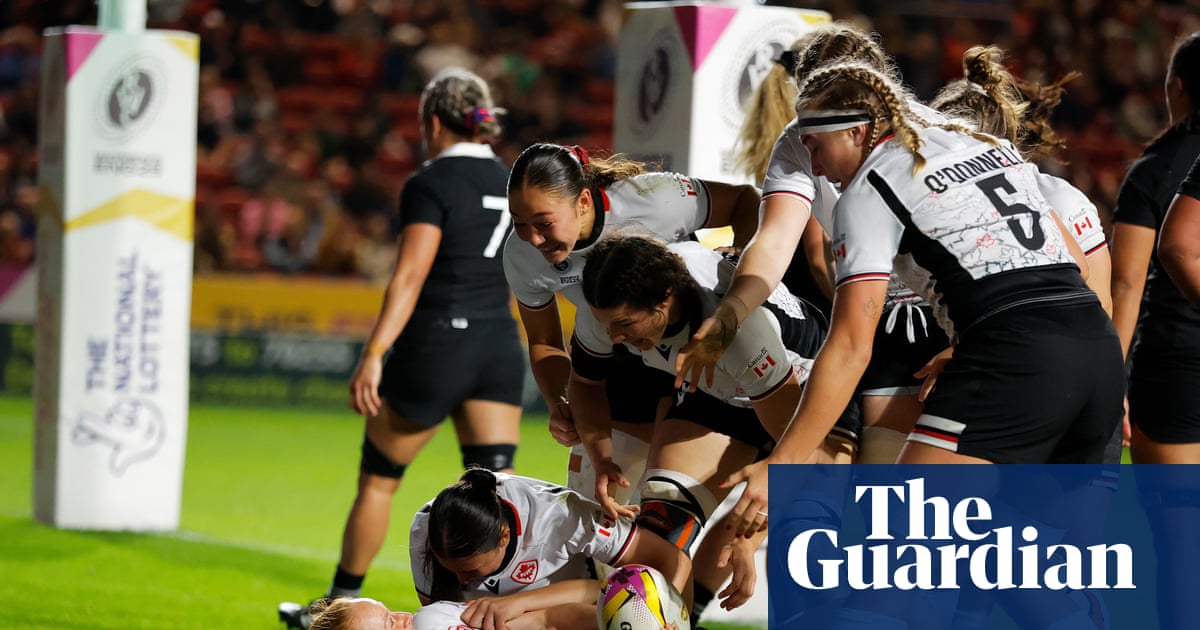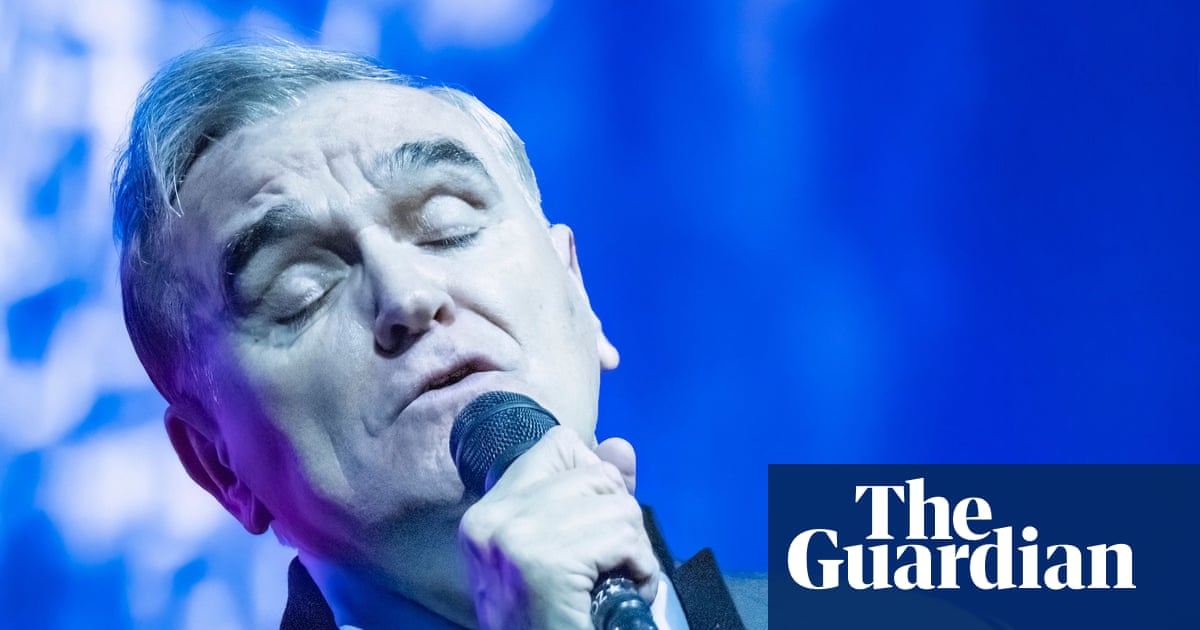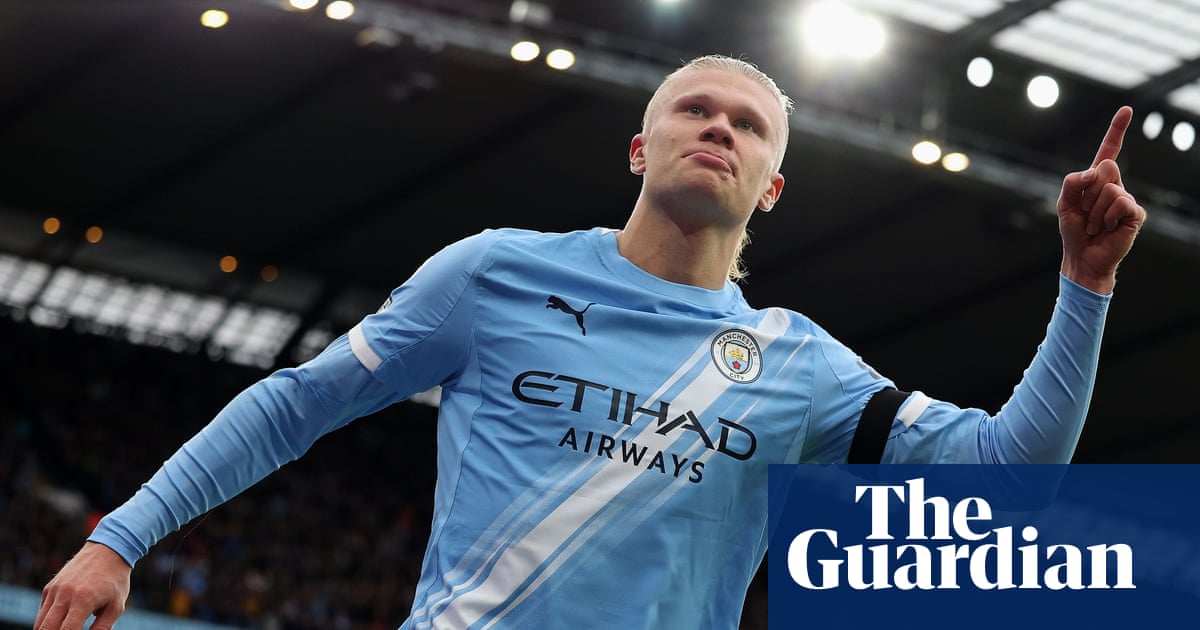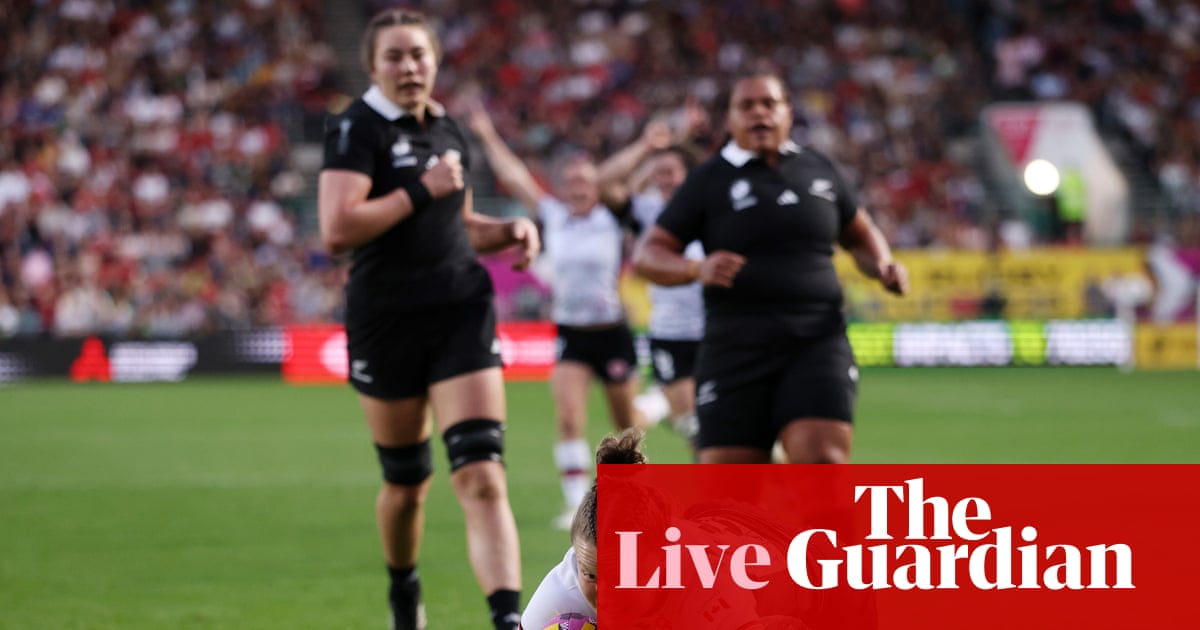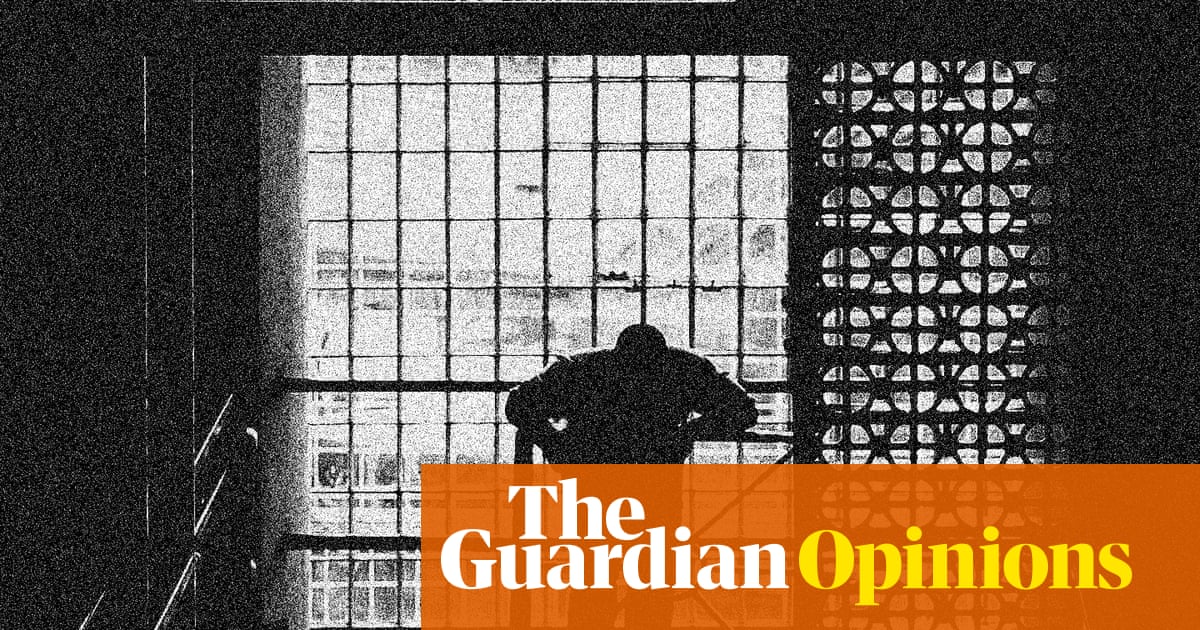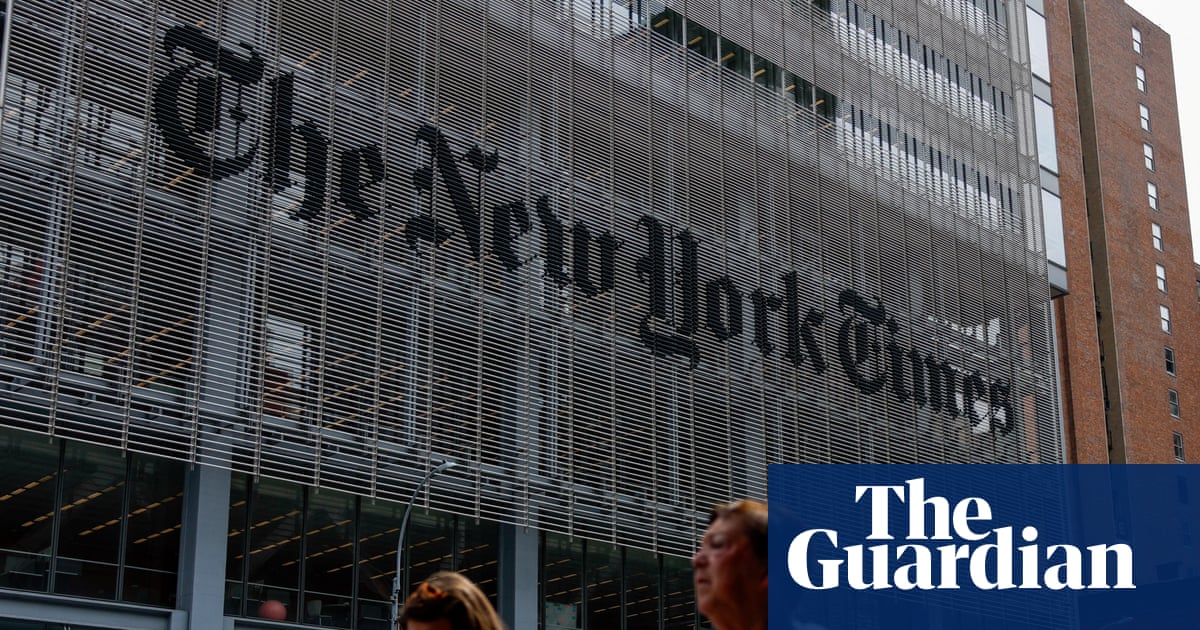The EFL has changed its multi-club ownership rules to allow members to buy clubs in the Scottish and Irish leagues for the first time. Agreed at its AGM this month, the EFL is understood to have removed the Scottish Professional Football League and Irish Football League from the list of competitions clubs are prohibited from investing in.
The EFL has concerns about potential integrity issues raised by multi-club ownership, but given it is increasingly widespread it has opted to align its rules with other competitions, including the Premier League.
The need for greater alignment was highlighted when Leeds’s majority owner, 49er Enterprises, entered exclusive negotiations about buying Rangers in a deal completed last month. 49ers Enterprises paid £75m for 51% of Rangers in a transaction that would have been delayed had Leeds not been promoted to the Premier League.
The EFL declined to confirm whether it would have blocked the investment had Leeds remained in the Championship. EFL sources acknowledged the Leeds/Rangers issue, but said the changes were not made to address that situation.
Under the regulations that will come into operation this coming season, owners and directors are prohibited from having interests in more than one club in the EFL, Premier League, National League, Southern League, Isthmian League and Northern Premier League. An interest is defined as holding shares in two clubs or exerting any managerial or administrative influence.
In the Premier League, the Brighton owner, Tony Bloom, paid £10m for a 29% stake in Hearts this month, and Bournemouth’s owner, Bill Foley, paid £6m for 25% of Hibs last year.
IFL clubs are likely to benefit from more investment offers after the rule change, with EFL sides eager to increase their options for parking European Union players. Since Brexit, EU players moving to the United Kingdom require work permits issued by the Home Office under the governing body endorsement (GBE) points-based criteria.
The GBE system requires players to secure 15 points to pass, with those lacking a significant number of international appearances or not playing in one of Europe’s top five leagues often missing out.

 2 months ago
87
2 months ago
87



